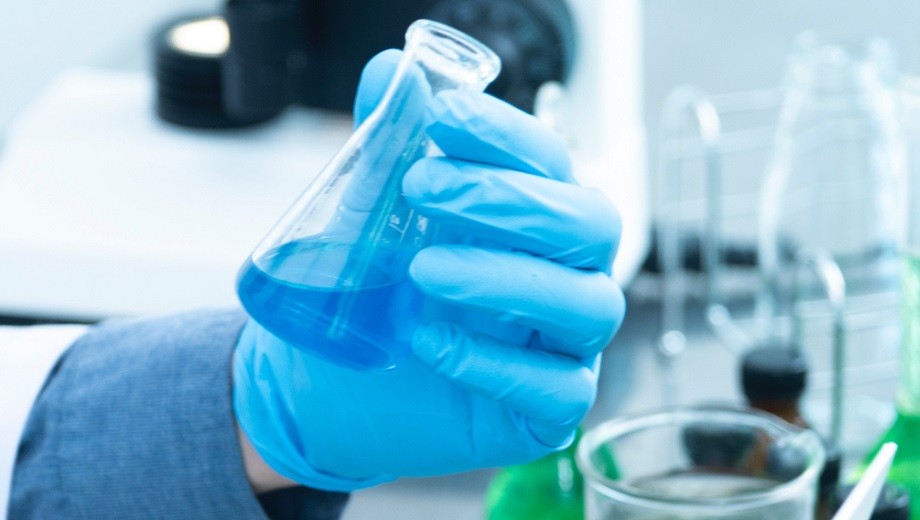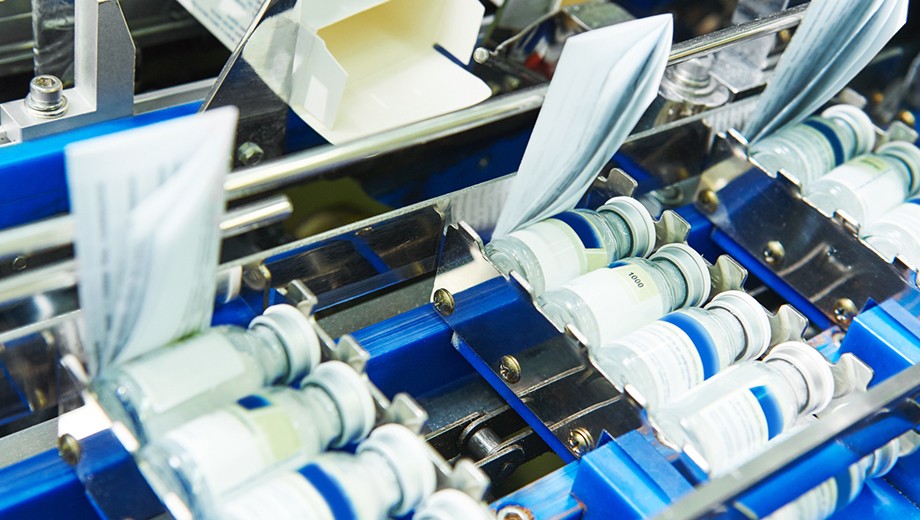RFID technology and its subset NFC have left their mark already significantly on several industries, from logistics and manufacturing to brands and retail. The next area to massively benefit could be pharmaceuticals – since here, RFID has at least as many profitable and sustainable use cases as in its traditional strongholds.
Why does the pharmaceuticals industry need new technologies?
There is no doubt that the pharmaceuticals industry is in a quite favorable situation overall, with growth rates averaging 6.9% annually since 2014, and further growth to be expected in the future. Yet there are substantial challenges, including a rapid growth in counterfeit products which, according to the World Health Organization, already account for 8 to 15% of all pharmaceutical products sold worldwide – with an upward trend. That amount of counterfeiting literally takes its toll among patients as well: well-founded estimates suggest 1 million deaths from toxic counterfeit pharmaceuticals per year. In addition, the industry must cope with increasing competition from generics, strict cost control programs from payers and providers and more empowered patients with higher expectations and demands.
Why is NFC the answer to the industry’s major challenges?
Like no other single technology, NFC enables brand protection as it effectively fights counterfeiting by providing a means of manufacturing control, product authentication, and tracking & tracing of any individual product in a reliable and secure way. On top of that, NFC offers totally new possibilities by providing product information and, for example patient treatment alerts that improve prescription adherence – another major “pain point” the industry and the healthcare system suffers from. At least 20% of medication prescriptions are never filled, and 50 percent of medications for chronic disease are not taken as prescribed. Both factors cause massive, useless expense and hundreds of thousands of deaths and hospitalizations.
Why is the timing right for NFC-based solutions?
RFID transponders which are IoT-ready, like all Smartrac tags and inlays, make NFC-based solutions fit for everyday use because there is a widespread reader infrastructure in the shape of abundant NFC-enabled smartphones that can interact with the NFC transponders embedded in the packaging of pharmaceutical products. The data gathered gets stored in secure cloud solutions that bring patients, pharma companies and physicians closer together than ever before. Simultaneously, consumers assume greater control over their health via apps, wearables and sensors, and physicians can access mobile data to receive patients’ electronic health data streams (from self-monitoring tools like EHRs) to optimize care.
What are the use cases the pharmaceutical industry can benefit from?
By embedding NFC technology in products (devices such as blood pressure monitors or medical thermometers) or in their packaging (for medications), all these products become “NFC-enabled”. This means they can easily and securely be authenticated by leveraging their unique ID and related cloud services, and be traced from manufacturing to use or consumption. The information gathered during authentication and tracing can be shared locally or via the cloud, as well as used for interaction.
Use case number 1: Ensuring safety and integrity
NFC-enabled pharma products provide item-level product verification in near-real time (anti-counterfeiting), anywhere and at any time in the world where smartphones and Internet access are available. Pharma companies gain visibility into illegitimate product movements (grey market control). As part of sophisticated packaging solutions, NFC solutions also provide the all-important tamper evidence. In so doing, NFC provides a superior answer to the EU’s “Falsified Medicines Directive (FMD)” to combat counterfeiting of drugs, particularly its regulation laying down specific safety features for medicine packaging, including effective anti-tampering devices.
Use casenNumber 2: Building patient engagement
Leveraging NFC-enabled pharma products, their suppliers can now build an unprecedented, bi-directional communication channel to guide and educate patients. They can offer easy and instant access to product information (including audio and video), provide tailored 24/7 services to help patients self-manage at any time through apps and websites, facilitate connections to doctors (phone-ins, patient forums), as well capture patient attendance.
Use case number 3: Supporting adherence to treatment
As an important sub-function of the NFC-enabled communication channel, patients can also receive reminders and be monitored for correct dosage, whenever, and wherever. While pharma companies can receive adherence data for outcome-based care, physicians are also able to monitor the therapy and follow up on it.
Use case number 4: Fostering pharma co-vigilance
Another NFC-enabled and communication-related sub-function allows pharma companies to inform patients about illegal channels, recalled products or expiration dates. In return, patients can report side effects immediately.
Use case number 5 and up: Let’s talk!
Making products smart by embedding and enabling them with NFC solutions offers endless possibilities – and this applies particularly to pharmaceutical products. Smartrac specialists are happy to provide you with in-depth information on the broad variety of possible use cases and related solution or applications, some of which are ready to deploy, while others are at development stage. Now is definitely the time to connect with the “Next big thing” for the Pharmaceuticals Industry – and Smartrac is ready for the challenge.



